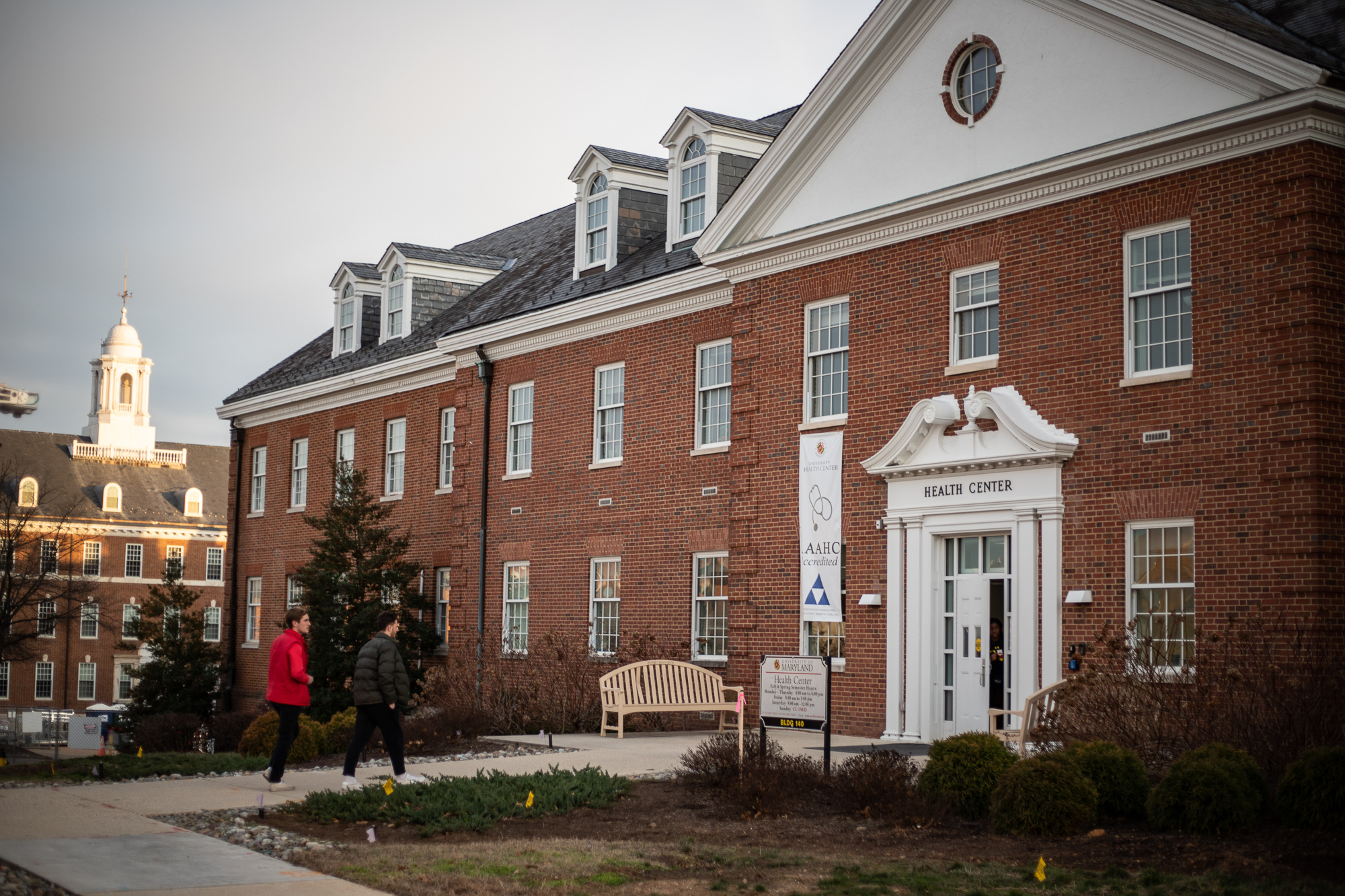By Lexi Gopin
For The Diamondback
Kyle Chan’s Lyft ride started off fine. But then his driver asked, “Are you coming from China?”
Chan, a junior computer science and mathematics major, had a cold and was wearing a face mask. The driver had assumed Chan had come into contact with coronavirus because of his appearance, he recalled.
“That was quite an awkward moment,” Chan said. “I just didn’t really want to talk about it.”
Increased racism and bias toward Asian and Asian American people, in person and on social media, has been reported since the coronavirus outbreak in January. Several University of Maryland students, like Chan, said they have also experienced these incidents.
Linda Kuo, a senior American studies and public health major, was at a meeting a few weeks ago when the conversation shifted to coronavirus. Kuo described how one woman, who was afraid of contracting the virus, was saying it originated “from Chinese people eating animals.” Kuo said she was not surprised at the remark.
“Western people look down on people for eating traditional food,” Kuo said.
Jackie Liu, a sophomore biology and women’s studies major, serves as the Asian American Student Union’s vice president of community education. She said she was also “disappointed but not surprised” when she came across racist and xenophobic comments on a YouTube video called “Eating show: Chinese food, Chinese eating and collecting VOL48.” Many of the video’s comments suggest Chinese culture was the cause of the coronavirus.
[Read more: CSA hosts Chinese New Year celebration with dances, good luck wishes]
Dorothy Kou, the Asian American and Pacific Islander Student Involvement coordinator for the university’s Office of Multicultural Involvement and Community Advocacy, said fear mongering through social media and other large power structures create misconceptions about people who have never even been in contact with the virus.
“We know that in history AAPI folks, the AAPI community, has been vilified as historically foreign, always foreign,” Kou said. “So, recognizing that history within this broader framework of what’s happening now really helps to demystify that this isn’t happening out of nowhere.”
Coronavirus, or COVID-19, causes respiratory issues such as pneumonia, fever and cough, according to the Centers for Disease Control and Prevention.
Since January, the death toll from the coronavirus has risen above 2,200, and more than 76,000 people have been infected. The illness has mostly been contained in mainland China near the city of Wuhan, where it originated. However, there have been over 1,000 cases outside of China, according to the Johns Hopkins Center for Systems Science and Engineering.
Stephen Thomas, the director of the Maryland Center for Health Equity, pointed to repressive structures as a way to understand the microaggressions that students like Chan are facing related to the outbreak.
He related the issue to marginalized groups’ historical perception as carriers of disease. Thomas explained that during the era of slavery and Jim Crow laws, black Americans were seen as a race “soaked in disease,” and how the LGBT community was stigmatized during the HIV/AIDS epidemic.
[Read more: Chinese international students take precautions, face travel restrictions as virus spreads]
“The fear of disease and the use of the fear that those other people, those outsiders will bring disease into your home has always been an underlying strategy for ‘otherizing’ marginalized groups,” Thomas said. “And that’s why we need to stick together.”
Reflecting on the history and structures of racism related to disease, Thomas said behavior such as the Lyft driver’s attitude and jokes spreading on social media must be called out.
“It simply cannot be tolerated, especially for people who have positions of authority,” Thomas said. “We cannot normalize this, we have to recognize it as a form of racism. We have to recognize it because today it’s much more subtle.”
Chan suggested people should educate themselves on how the disease actually works.
“People should be more aware that this virus can affect anyone,” said Chan. “It’s definitely not healthy for the people that have the notion perpetuated about them that they might have coronavirus just because of their appearance.”
Kou said kindness and understanding of the historical context related to those assumptions is the best way to move forward.
“Just be kind to each other and check your assumptions at the door,” Kou said.



